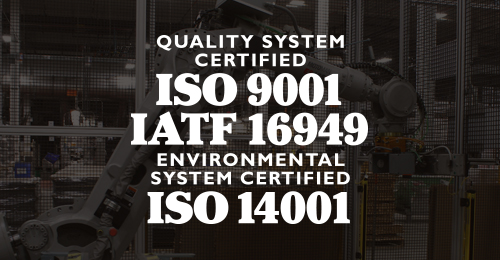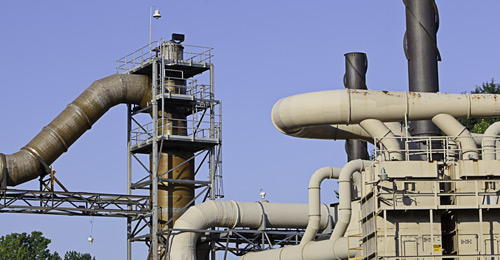Enables More than 90,000 American Jobs
A study released today reveals that the U.S. lead battery industry enables more than 90,000 jobs for American workers and contributed more than $28 billion in total economic output to the national economy in 2016. This release comes on the heels of President Donald J. Trump’s State of the Union address, where he restated his commitment to bolstering U.S. manufacturing and infrastructure, of which lead battery manufacturers and recyclers play a vital role.
The study, Economic Contribution of the U.S. Lead Battery Industry, prepared by the Economic Development Research Group at the request of Essential Energy Everyday and Battery Council International (BCI), demonstrates the positive economic impact lead battery manufacturers and recyclers provide to thousands of American workers and their communities. Employees of the lead battery industry cumulatively earn $6 billion annually, with average salaries among mining and recycling employees reaching $83,606, while manufacturing employees see similarly high salaries of $62,343—providing livable wages and access to the middle class for workers regardless of their education level.
“As demand for renewable energy increases, the need for sustainable and cost-effective energy storage increases as well. The lead battery industry’s circular economy helps create an extremely sustainable, environmentally friendly form of energy storage that produces significant economic benefits for the communities where we operate,” said Jeff Elder, president of BCI.
The increasing demand for energy storage in renewable energy facilities, as well as lead batteries’ essential uses in the nation’s infrastructure that encompasses transportation, logistics, communications and critical backup power, produces a direct economic output of $11.2 billion from their manufacture and recycling.
From the study –
“Lead batteries are among the world’s safest and most reliable sources of energy. Whether starting a car, storing power from a solar panel or powering a communications tower, lead batteries provide essential energy every moment of each day to millions of people around the globe. Lead batteries are also among the most environmentally sustainable manufactured products, with a recycling rate of 99 percent. The industry, built on 150 years of proven and progressive technology, operates on environmentally sound principles, provides a growing base of meaningful employment and contributes to the economic development of the communities in which its products are made. The lead battery industry is a vital contributor to our global energy needs and to the development of essential energy.”
“Our industry is proud of its contribution to the national economy and role as a provider of green manufacturing jobs. Compared to many other private industry sectors, salaries in the lead battery industry are 59 percent higher for mining and recycling workers, and 19 percent higher for manufacturing workers. These jobs assure a foothold to the middle class in an era when manufacturing jobs are in decline,” added Elder.
“Through smart, future-focused energy storage policies, we will continue to provide the essential energy storage that powers more than 270 million cars, trucks and numerous other applications around the world every day, and delivers billions of dollars in economic benefit annually.”
The full study and methodology can be found here.
East Penn was highlighted in these videos to promote the economic benefits of the lead battery industry:

